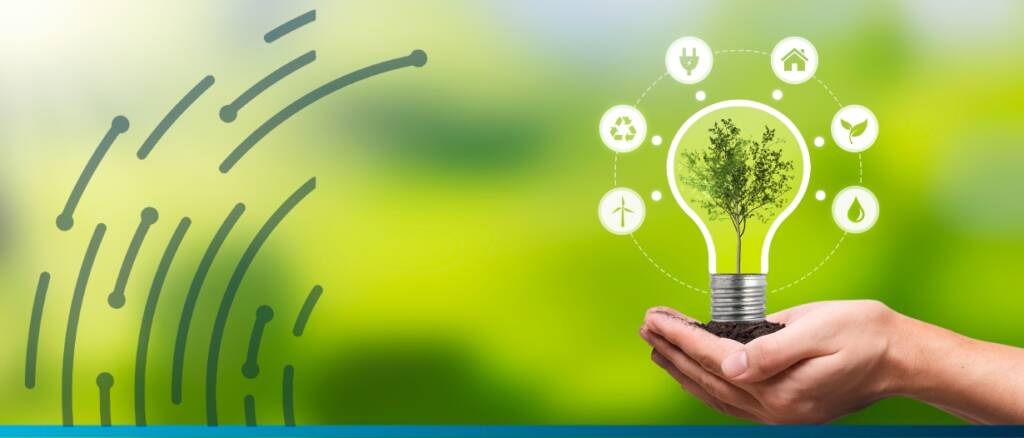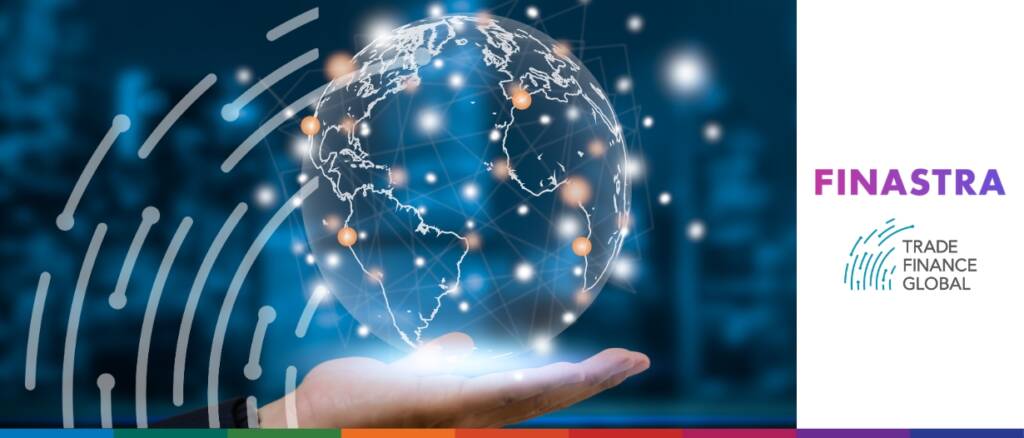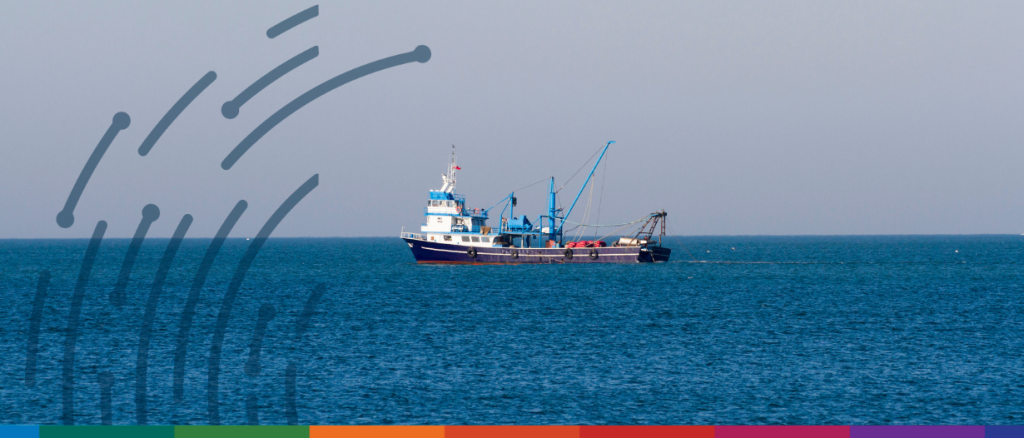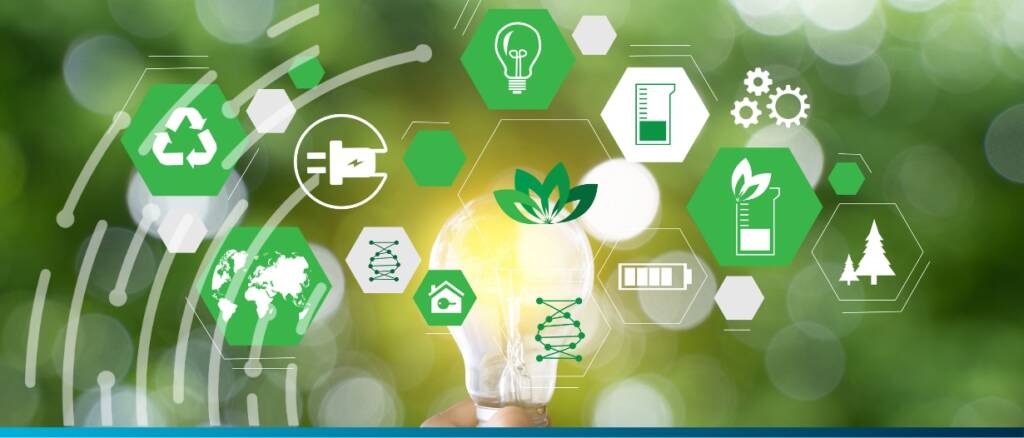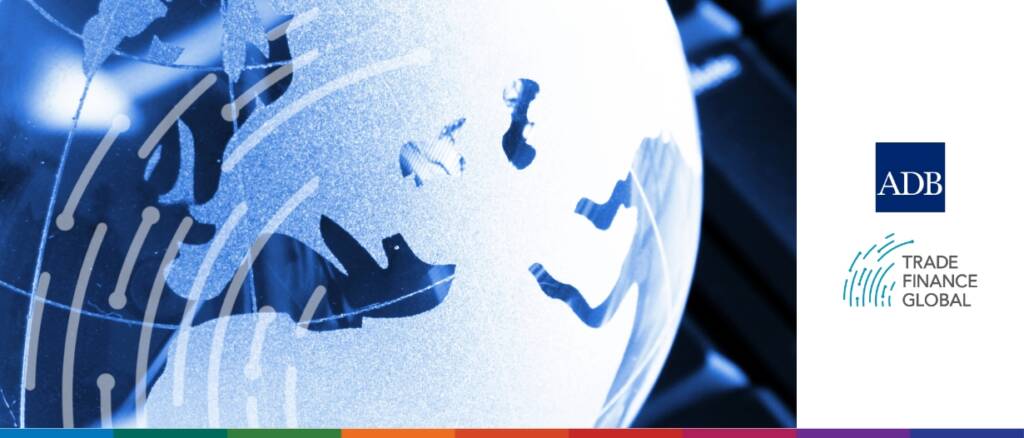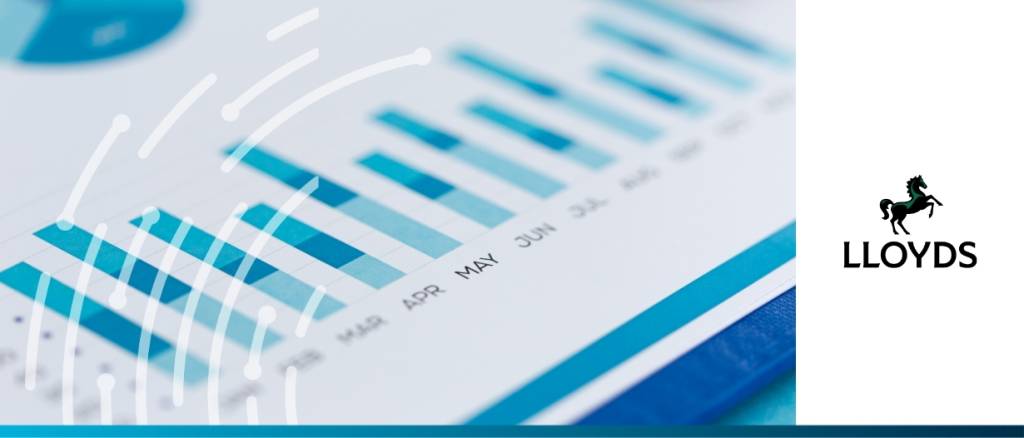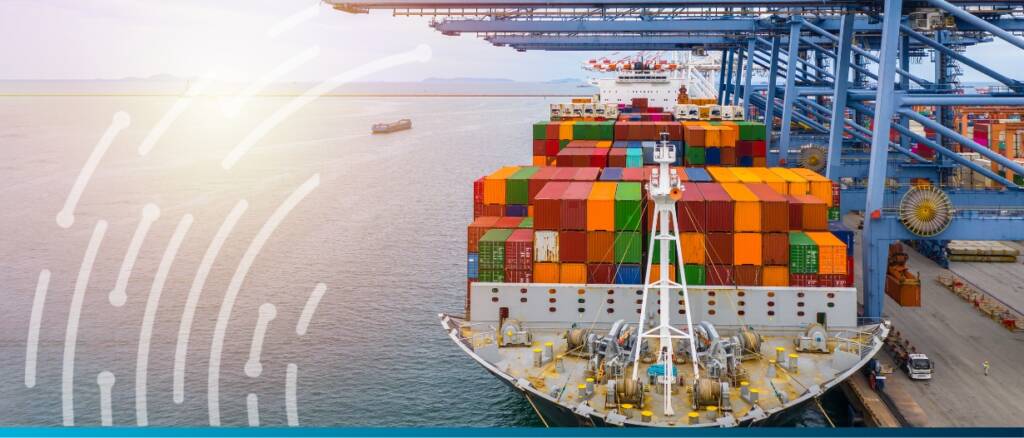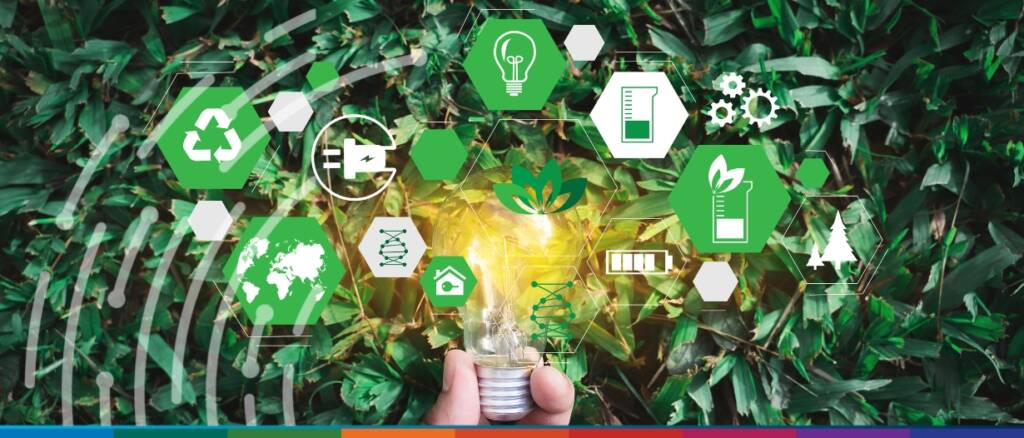Trade is critical in advancing economies, including those in the MENA region. At the same time, trade finance presents unique opportunities for criminal exploitation, also referred to as Trade Based Financial Crime (TBFC).
The European Bank for Reconstruction and Development (EBRD) and Citi are jointly supporting the rollout of a sustainable supply chain finance programme for Finnish technology and services company Metso Outotec… read more →
ESG is certainly not a new development, but its growth and importance in financial services have never been higher. Whilst there has been a big focus on the “E” in ESG, we’re also seeing a lot of progress in tackling other aspects, such as social action to address societal challenges. One of the biggest social challenges in global trade is the huge, and growing, finance gap.
On Wednesday, the United States announced that it ratified a deal to cut subsidies contributing to overfishing, becoming the first large fishing nation to do so. United States Trade Representative… read more →
A modernisation package agreed in principle by participants will specifically allow countries to offer greater support for green projects while also expanding the use of export credits in the context… read more →
At the International Chamber of Commerce (ICC) UAE’s Trade Facilitation Summit, Trade Finance Global (TFG) spoke with Steven Beck, head of the trade and supply chain finance program at the Asian Development Bank (ADB).
At the end of March, Lloyds Bank released its latest report exploring supply chain resiliency across the global market. The report comes as internationally operating firms continue to face the… read more →
The European Bank for Reconstruction and Development (EBRD) will mobilise more than €1.1 billion in financing through direct investments or financial intermediaries to help the European Union (EU) countries where… read more →
A new insight brief series from the Global Maritime Forum identifies four actions that maritime and shipping industries can take now to support shipping’s transition to a sustainable and resilient… read more →
Carbon Neutral Royalty Ltd. (CNR), a permanent capital vehicle with a mission to accelerate climate and biodiversity action by financing and supporting high-integrity decarbonisation projects, is pleased to announce that… read more →
















